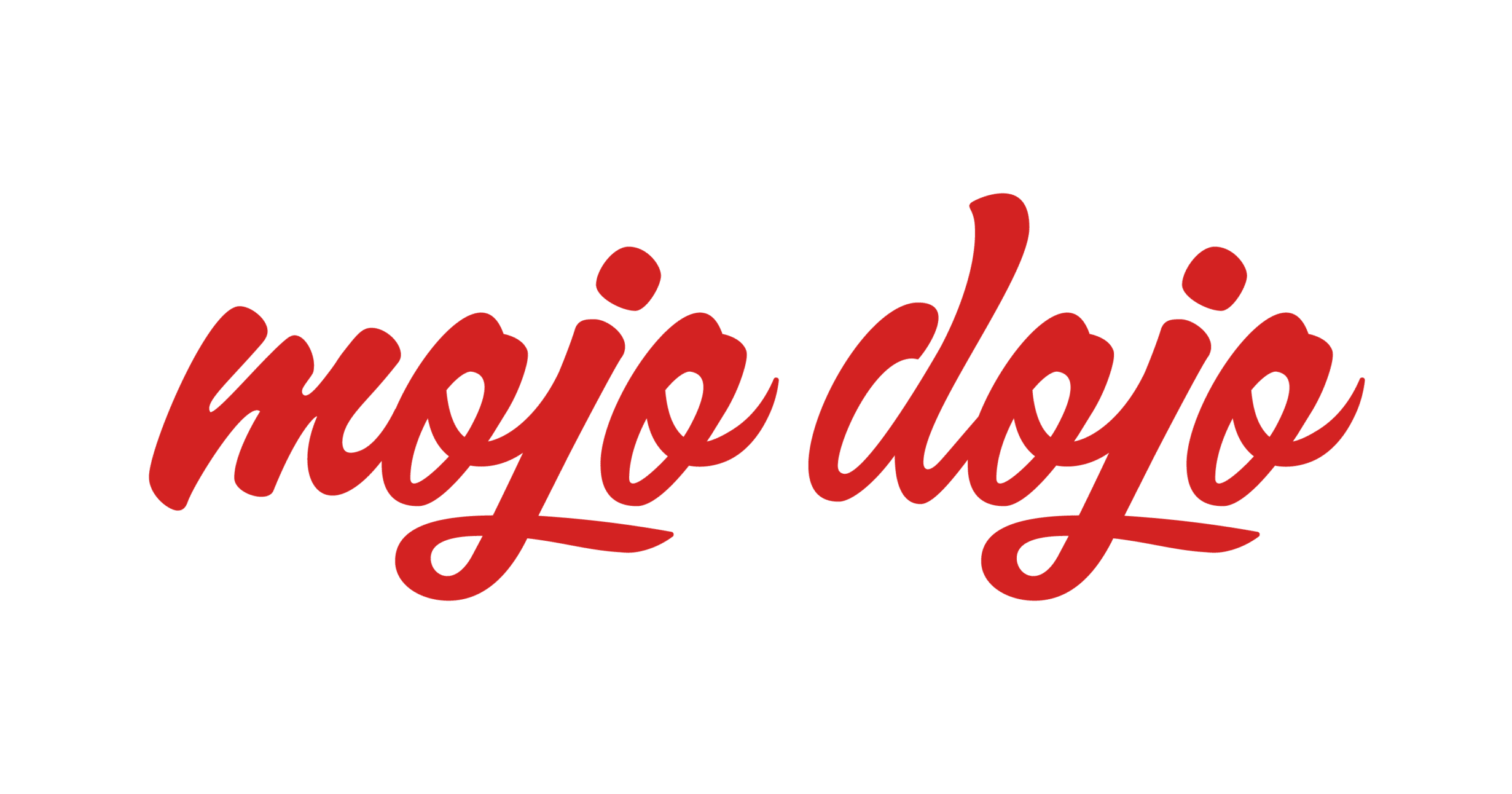Beauty is skin deep, but in the age of TikTok, that seems to not be the case anymore. In a recent report published by the Butterfly Foundation on “Social Media, Body Image, and Eating Disorders”, several concerning statistics regarding the usage of social media in elevating these issues were revealed, including:
- Since 2012, youths ages 10-19 have shown an 86% increase in eating disorders.
- In the past five years, there’s been a 275% surge in inquiries to the National Helpline.
Similarly, UK-based organisation GirlGuiding (as per a BBC news report) revealed that over 54% of girls ages 11 to 21 wanted to look how they did when using a beauty filter, and about 36% said they felt pressured to use one.
According to TikTok’s press release, the age restrictions will not apply to filters that are comical (animal filters, cartoon effects, etc) in nature, but to filters that drastically change one’s appearance from an aesthetic viewpoint, i.e. the “Bold Glamour” feature that enhances one’s appearance to an unrealistic ideal. However, according to Verge until the ban comes into effect, it’s uncertain which filters will be restricted.
With Australia being the first country in the world to enforce a social-media ban for teens under 16, prompting other nations to consider restrictions of their own, TikTok’s global ban on beauty filters, set to take full force early next year seems like a step in the right direction.
Is TikTok’s Change Welcome?
Everyday, there’s new safety and security concerns coming into view, and while the beauty filters have been an integral part of the app’s functionalities, recent widespread concern over the pressure to meet unrealistic beauty standards has garnered criticism from activists and doctors worldwide.
According to TikTok, the changes are being introduced in response to a report from Internet Matters, a children’s online safety not-for-profit organisation. The report revealed several interesting insights from young adults around the globe about authenticity and online connections, including:
- “An authentic person also shows bad aspects of their lives, maybe without make up or filters to show a different version of themselves”. (a 15-year-old girl from Germany)
- “I only tend to follow people that don’t hide their true lifestyle and with the challenges they face…” (a 16-year-old girl from the UK).
- “If I post a photo of myself and my friends don’t like it, I’ll go into a spiral of, “why don’t they like it, what is wrong with me?”, even if it’s just a normal photo of myself” (a 16-year-old girl from the UK).

These insights from young social media users are compelling, and experts are concerned with how inhibited use of such filters will further impact users’ feelings about themselves.
The ban on beauty filters itself will highly depend on the age you’ve registered yourself with on TikTok, so if you’re registered with your real age and you’re under 18, you’ll no longer be able to use the beauty filters. However, TikTok is aware that some users lie about their ages on the platform, so it is currently testing specific age-detection measures that will be able to tell if a user is under 13 (the minimum age permitted to create a profile).
How Can Marketers Adapt?
According to the Internet Matters report, it’s evident that most young users, and their parents crave authenticity. While artificial intelligence (AI) has been significant in propelling productivity (i.e. content generation ideas, content repurposing, etc) its misuse has fostered a generation of young creators unable to showcase their true selves within a platform where authenticity is falsely manufactured.
For marketers, especially those appealing to younger audiences, the upcoming ban on beauty filters presents new opportunities for brands and businesses to capitalise on what’s genuinely relatable. The point of the platform is to make TikToks, not ads, so key factors marketers should consider;
- Favouring less polished videos
- Celebrating user-generated content (UGC)
- Fostering relationships with influencers that bring with them authenticity and a ready-made audience
TikTok’s own messaging encourages brands and influencers to be “ more creative, more authentic, and to create content that truly speaks to people” so it’s about time, algorithmic perfection is dismissed.
